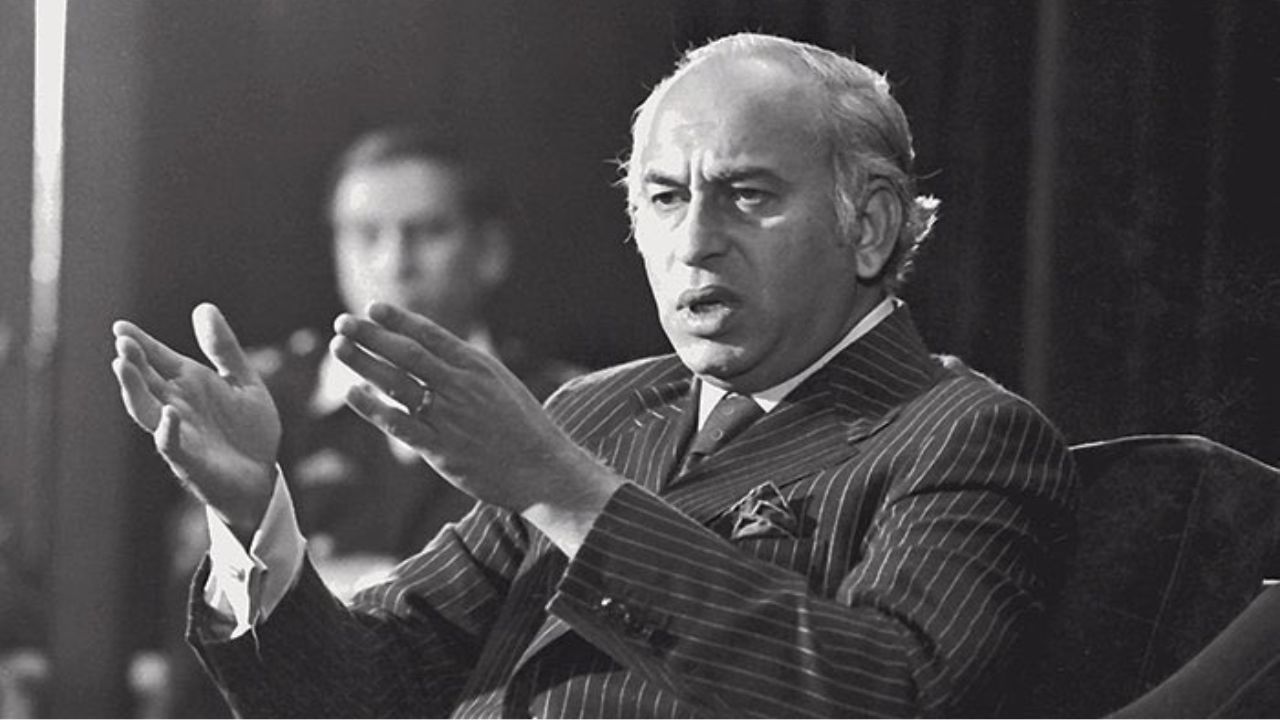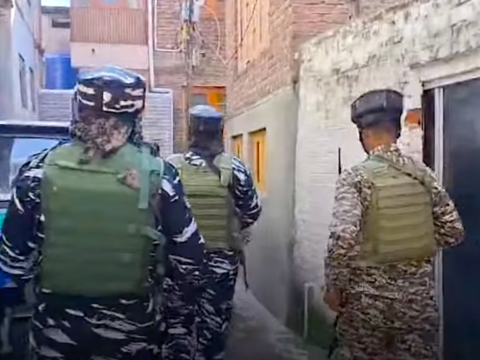ISLAMABAD, Pakistan (Diya TV) — The Supreme Court of Pakistan has declared that former Prime Minister Zulfikar Ali Bhutto did not receive a fair trial before his execution in 1979. Chief Justice Qazi Faez Isa announced the unanimous decision of a nine-member bench, stating that Bhutto’s trial did not adhere to the constitutional requirement of due process.
Bhutto, the founder of the Pakistan People’s Party, served as President from 1971 to 1973 and as Prime Minister from 1973 to 1977. His tenure saw significant reforms, including nationalization efforts and the passage of Pakistan’s constitution. However, his critics accused him of centralizing power and harming the economy with his policies.
The turning point came in 1977 when General Zia-ul-Haq staged a coup, leading to Bhutto’s arrest and subsequent trial. Despite widespread allegations of coercion and political motives behind the trial, Bhutto was convicted of conspiracy to murder and sentenced to death. He was executed on April 4, 1979, sparking controversy and condemnation both domestically and internationally.
Over four decades later, Bhutto’s family sought justice, with his son-in-law, Asif Ali Zardari, submitting a presidential reference to revisit the case in 2011. The Supreme Court’s recent ruling acknowledges the flaws in Bhutto’s trial, affirming that it did not meet the standards of a fair trial as guaranteed by the constitution.
The decision carries significant implications for Pakistan’s judicial history, marking a step towards rectifying past injustices. Bilawal Bhutto Zardari, the chairman of the PPP and Bhutto’s grandson, welcomed the verdict, expressing hope that it would pave the way for justice. He emphasized the importance of acknowledging past mistakes and striving for a fair and transparent legal system.
Prime Minister Shehbaz Sharif also lauded the court’s decision, highlighting its role in acknowledging historical injustices and fostering a culture of accountability. While the ruling cannot undo the past, it represents a crucial acknowledgment of wrongdoing and a commitment to upholding the principles of justice.
As the nation reflects on this landmark verdict, the focus now shifts to the future of Pakistan’s legal system. The decision underscores the importance of ensuring fair trials and upholding constitutional rights, setting a precedent for accountability and transparency in the judicial process.



